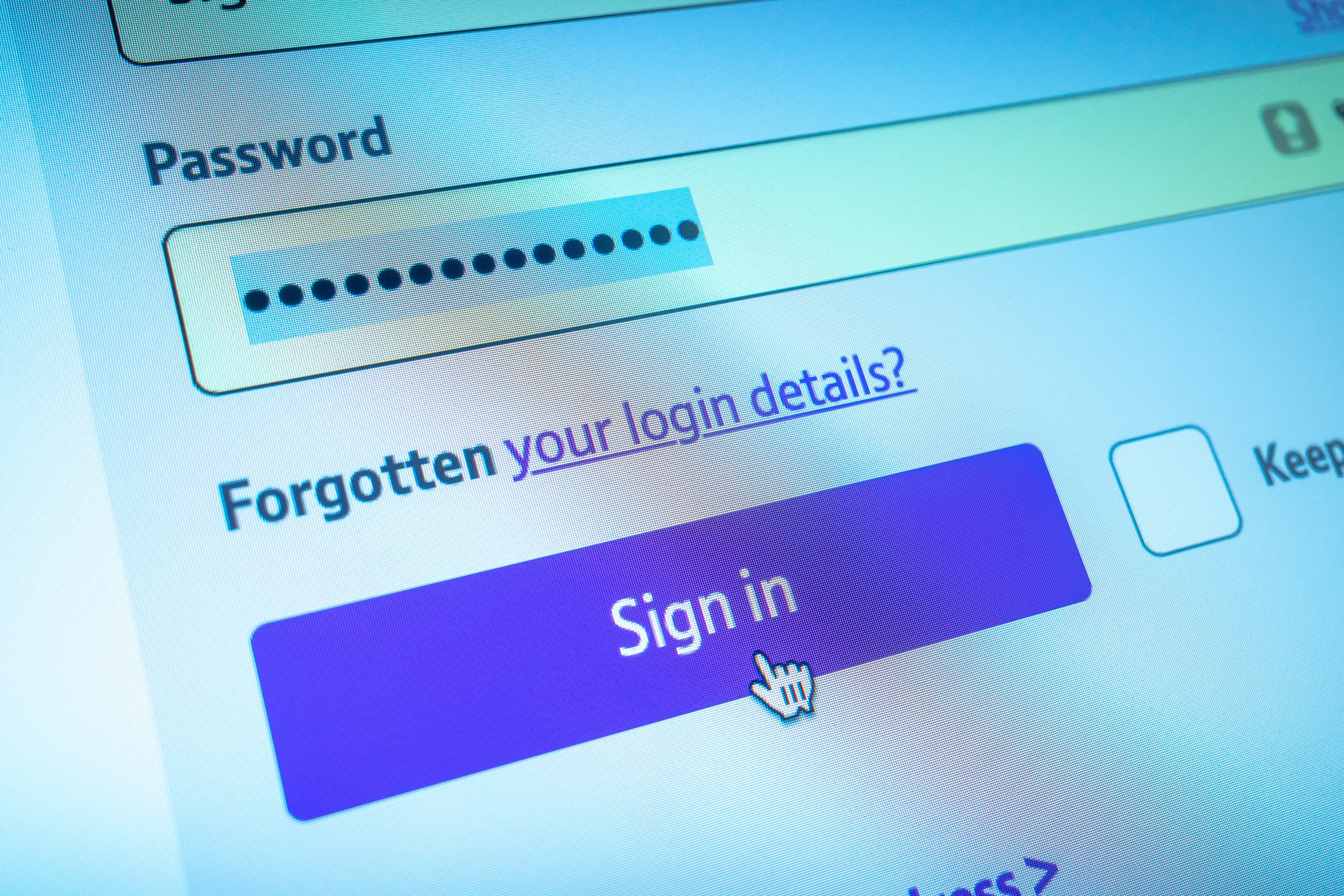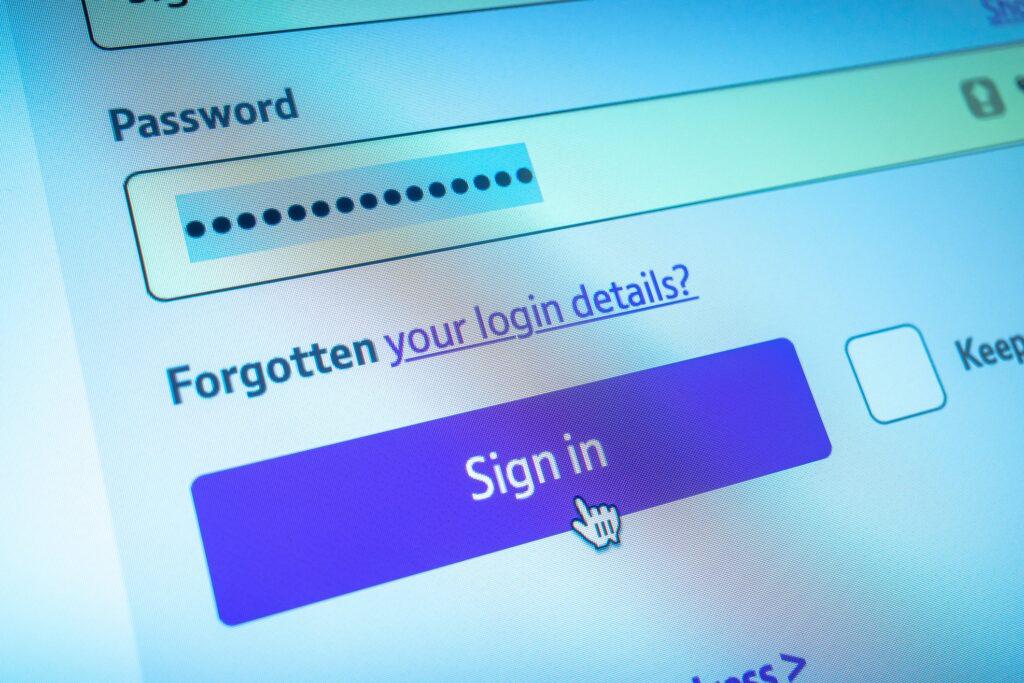
It’s almost Amazon Prime Day, which means good news and bad news for Prime members.
The good news is shoppers with an Amazon Prime membership will get access to lots of good deals. The bad news is they’ll be targeted by scammers looking to take advantage of the major shopping event.
Everything you need to know about Amazon Prime Day 2025: Dates, deals, and the competition
On Monday morning, the retail giant sent an email to customers warning them about a particular phishing scam on the rise.
“We’ve recently noticed an increase in customers reporting fake emails about Amazon Prime membership subscriptions,” said the notice. Scammers claiming to be from Amazon are sending fake emails saying customers’ Amazon Prime subscription will automatically renew “at an unexpected price,” according to the email. The scam might include personal information to appear more credible and “may also include a ‘cancel subscription’ button leading to a fake Amazon login page.”
A quick search on the Better Business Bureau’s scam database shows recent reports of similar Amazon Prime scams. Some reports said customers received scam emails to update their payment information for membership renewal, claiming the card on file was no longer valid. Others reported getting scam emails urging them to renew their Amazon Prime membership or update their payment info even though they didn’t even have a Prime subscription. Mashable has reached out to Amazon for more details, and will update this story with a response.
It’s not really a surprise that scams spike during Amazon’s annual Prime Day event, which this year is actually four days long.
“Major shopping events like Prime Day create perfect storms for cybercriminals,” said Marijus Briedis, CTO of cybersecurity company NordVPN. “Scammers know that shoppers’ excitement and urgency around limited-time deals make them more susceptible to clicking on malicious links or sharing personal information without proper verification.”
NordVPN found more than 120,000 malicious websites impersonating Amazon in the past two months, with the vast majority of those sites being phishing sites designed to steal personal information like login credentials.
Shoppers should be extra vigilant during Prime Day. The email from Amazon told customers to only verify their Prime membership through the Amazon mobile app or by navigating directly to Amazon.com. It also said to monitor bank statements for any unauthorized transactions if you clicked on any suspicious links. General best practices include setting up two-factor authentication, and confirming legitimate messages from Amazon by checking your account in the Message Center. You can also report suspicious activity to Amazon on its designated support page.







